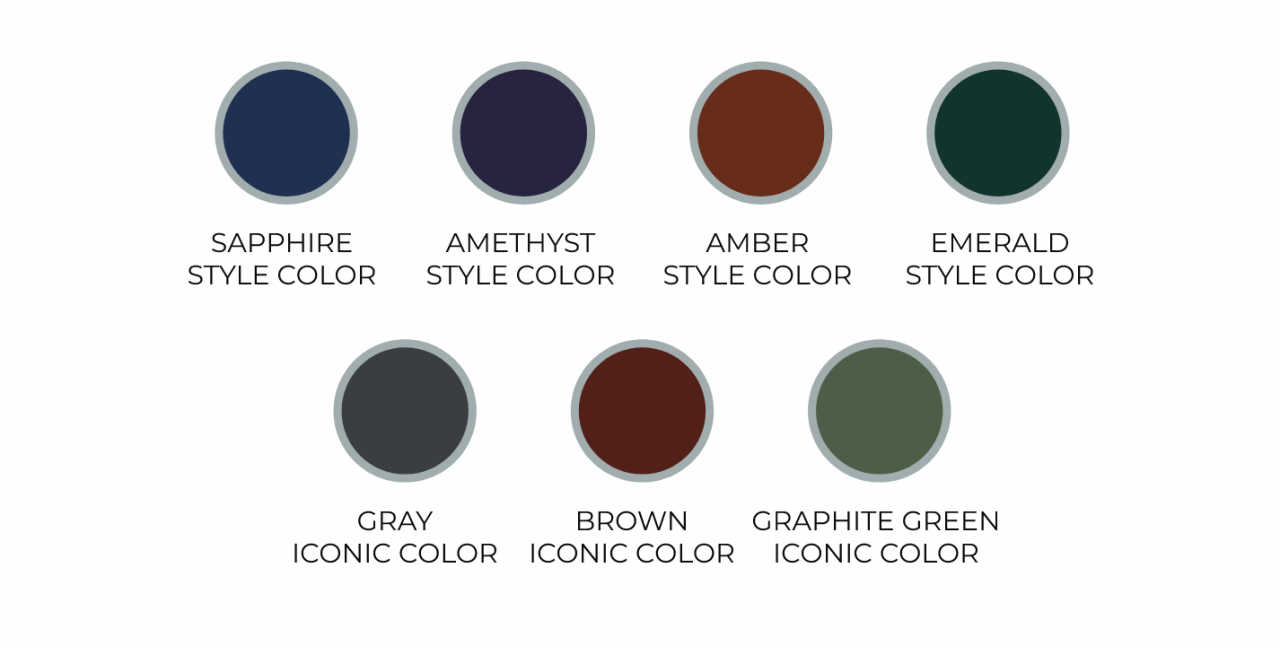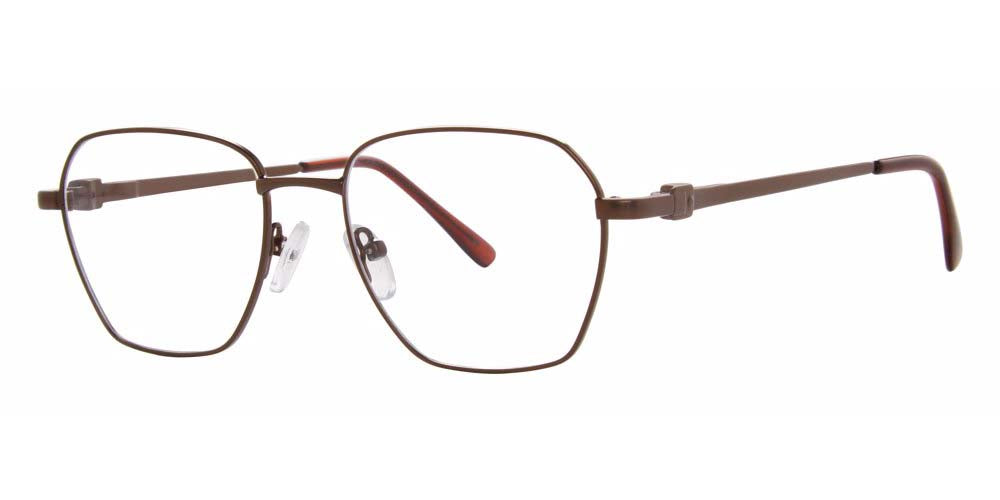
When selecting a frame for progressives, keep this in mind:
Segment Height Accuracy
Make sure frame is sitting on your face properly. 3 point touch right ear left ear and nose bridge. Adjust frame to ensure proper sitting.
Follow the instructions below to measure your own Segment Height at home.
Put the glasses on your face and adjust them so that they sit comfortably.
Stand about 8 inches (20 cm) away from a well lit mirror with your face parallel and square to the mirror.


Make sure you are measuring from the
bottom of the clear lens, not the bottom of the frame (see graphic).
Using a plastic ruler, this OC measurement would be approximately 29mm from the centre of his pupil to the bottom of his lens.
Stare straight ahead and read the millimeter mark inline with the center of your pupil. This is your segment height measurement for these frames.
(Quick tip: you can easily measure it yourself. See below for a diagram on how to dot the lenses. Use a wet or dry erase sharpie. Do not use permanent marker so you can repeat process a few times. Then just measure the dotted lenses to the bottom of the lenses. When you send them back do not leave any markings on lenses. Write down your measurement with a pencil and paper.

Repeat these steps at least 3 to 5 times to get an accurate and consistent measurement. Make sure your head and the ruler do not move after lining up the zero (0) measurement with the bottom of your left lens until you note your measurement. Ask a friend to help if you are having trouble.













 How Do I Measure My Progressive Lens Segment Height Myself? Segment Height, also known as Seg Height or SH, is the vertical measurement in millimeters from the bottom of the lens in your frames, to center of the pupil.
How Do I Measure My Progressive Lens Segment Height Myself? Segment Height, also known as Seg Height or SH, is the vertical measurement in millimeters from the bottom of the lens in your frames, to center of the pupil.  If you would like to measure your own segment height then you will need to have the frame in hand, because you can only measure it while the glasses are on your head. You can either purchase the frame without prescription lenses first. "Non-Rx Demo Lenses" are included with the selected frame. (click "Add Frame Only." on the product page) and then send them back to have your prescription lenses put in after the segment height has been measured. Or if you have already received your frames then start with the measurements. "
If you would like to measure your own segment height then you will need to have the frame in hand, because you can only measure it while the glasses are on your head. You can either purchase the frame without prescription lenses first. "Non-Rx Demo Lenses" are included with the selected frame. (click "Add Frame Only." on the product page) and then send them back to have your prescription lenses put in after the segment height has been measured. Or if you have already received your frames then start with the measurements. "















